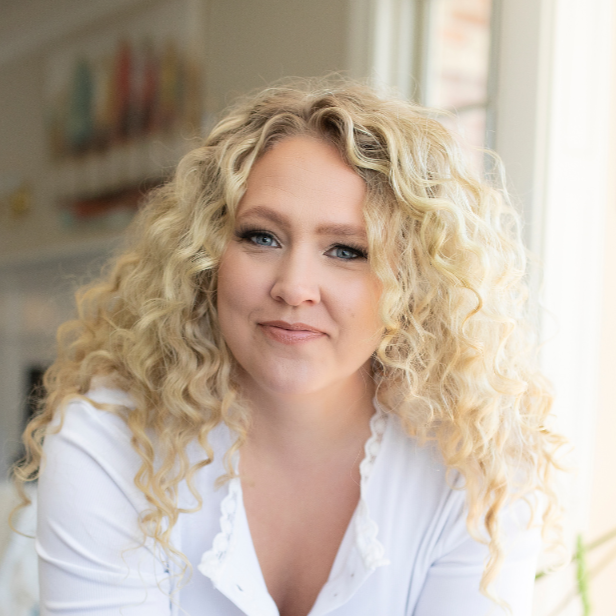Are you a lawyer who is looking for a new way to improve your marketing capabilities? In this engaging episode of the Maximum Lawyer Podcast, Jim and Tyson delve into the world of digital marketing with expert Julie Chanel where they discuss success in building sales funnels.
In this BONUS episode, Jim gives a talk at SLU Law. He will talk about his early days as a lawyer and his journey as a law entrepreneur who now runs his own immigration law firm, going over his mindset, his business, his firm and his marketing strategies.
“This is a lot of work, but to me it’s worth it and it’s fun. I am having more fun that I’d ever would’ve had, and I’ve had three really big law firms in St. Louis talk to me about coming in to that firm and I’ve turn them down every single time, and I laugh when I do it because I would never be able to do half of my crazy shit if I went to one of those big firms. And if I hadn’t agreed to be the plaintiff in that law suite, I don’t know what would’ve happened, I don’t know how many kids I would have. I don’t know what kind of life I would have; I would have a very different life probably. So I’m very grateful for everything that’s happened and I am exactly where I want to be.”
Jim Hacking
Please give us a shout out in the ABA JOURNAL’S ranking of podcasts!
//
Thanks so much for listening to the show! If you want to know more about this and keep on maximizing your firm, please join our Facebook Group or like us on Facebook and comment!
You can also go to MaximumLawyer.com or, if you’d prefer, email us at: [email protected]
Do you want to get on the show? Shoot us an email or message us!
The Maximum Lawyer Podcast. Partner up, and maximize your firm.
Guild Membership
Free Access to Stage 1 of Maximum Lawyer in Minimum Time
Sign Up Today!Customer Reviews
4.9 out of 5
Join Our Facebook Group
Enjoy Exclusive Access To Stage One Of The Maximum Lawyer In Minimum Time Course
Privacy Policy
This privacy policy has been compiled to better serve those who are concerned with how their ‘Personally Identifiable Information’ (PII) is being used online. PII, as described in US privacy law and information security, is information that can be used on its own or with other information to identify, contact, or locate a single person, or to identify an individual in context.
Please read our privacy policy carefully to get a clear understanding of how we collect, use, protect or otherwise handle your Personally Identifiable Information in accordance with our website.
What personal information do we collect from the people that visit our blog, website or app?
When ordering or registering on our site, as appropriate, you may be asked to enter your name, email address or other details to help you with your experience.
When do we collect information?
We collect information from you when you register on our site, place an order, subscribe to a newsletter, Use Live Chat, Open a Support Ticket or enter information on our site.
How do we use your information?
We may use the information we collect from you when you register, make a purchase, sign up for our newsletter, respond to a survey or marketing communication, surf the website, or use certain other site features in the following ways:
- To personalize your experience and to allow us to deliver the type of content and product offerings in which you are most interested.
- To improve our website in order to better serve you.
- To allow us to better service you in responding to your customer service requests.
- To quickly process your transactions.
- To send periodic emails regarding your order or other products and services.
- To follow up with them after correspondence (live chat, email or phone inquiries)






